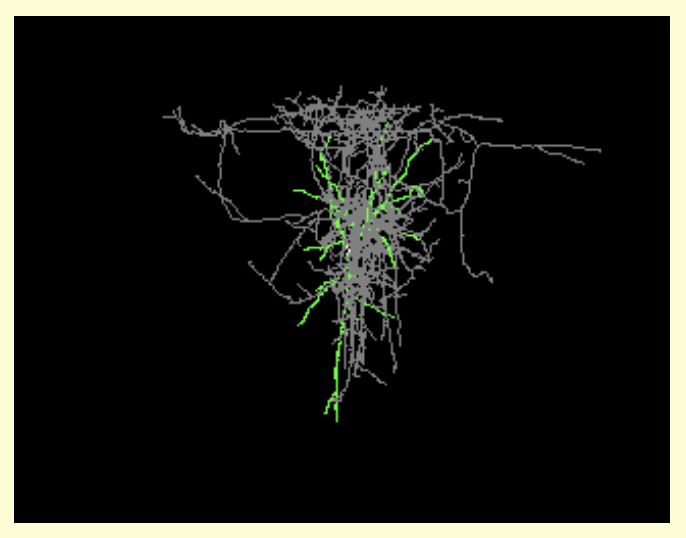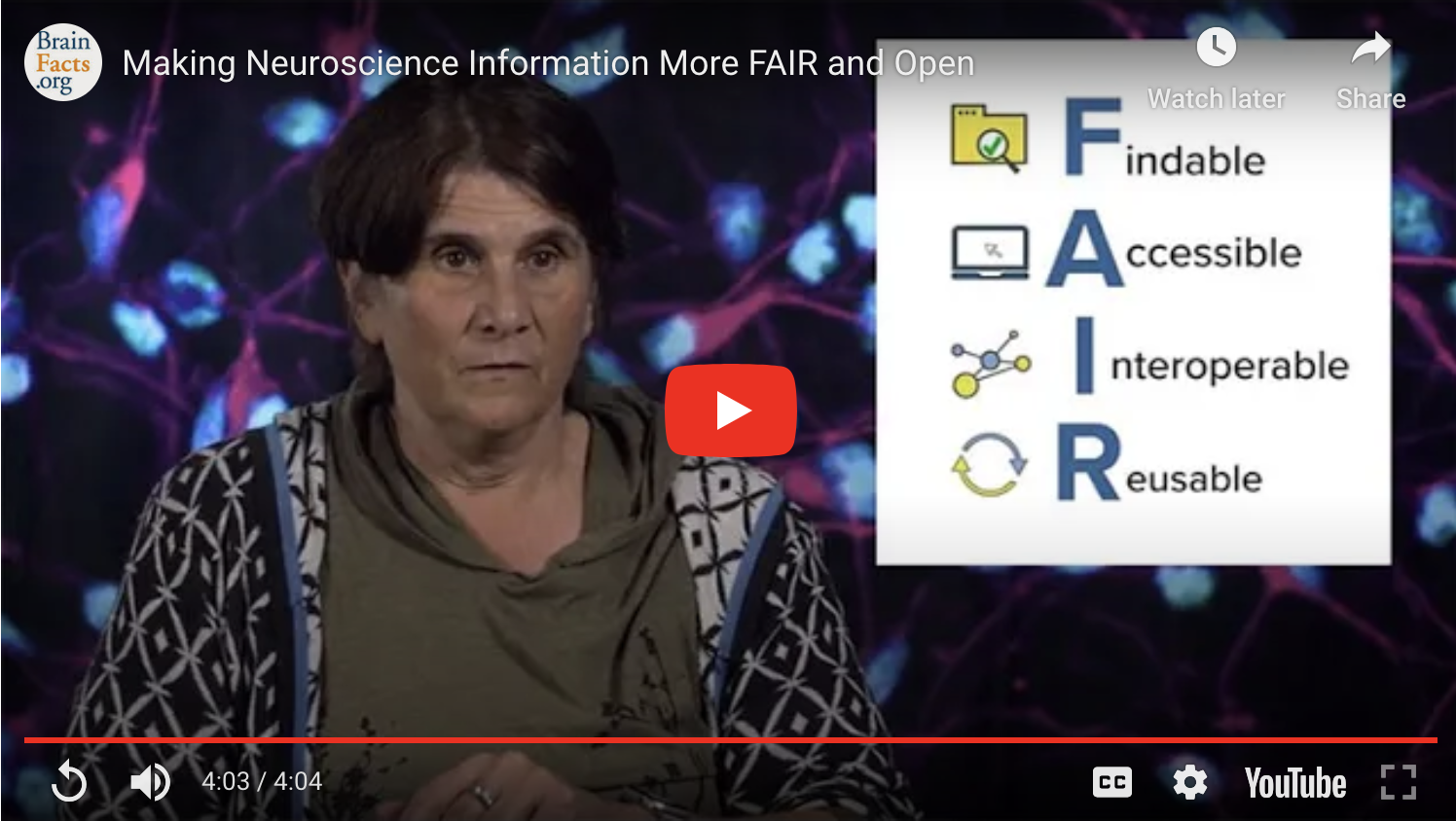Proper Citation: Molecular Libraries Program (RRID:SCR_008847)
Description: High throughput screening services to identify small molecules that can be optimized as chemical probes to study the functions of genes, cells, and biochemical pathways, along with medicinal chemistry and informatics. This will lead to new ways to explore the functions of genes and signaling pathways in health and disease. The NIH Molecular Libraries Initiative NIH is designed to discover small molecules that interact with biologically important proteins and pathways and to provide open access to the bioassay and chemical data generated by its research centers. This will lead to new ways to explore the functions of genes and signaling pathways in health and disease. As these HTS Technologies were not previously available to the public sector, many investigators may not be familiar with the components and requirements of high throughput screening. A key challenge is to identify small molecules effective at modulating a given biological process or disease state. The Molecular Libraries Roadmap, through one of its components, the Molecular Libraries Probe Production Centers Network (MLPCN), offers biomedical researchers access to the large-scale screening capacity, along with medicinal chemistry and informatics necessary to identify chemical probes to study the functions of genes, cells, and biochemical pathways. This will lead to new ways to explore the functions of genes and signaling pathways in health and disease. There are two kinds of data that are available to the scientific community through a dedicated database: Chemical Compounds and Bioassay Results (NCBI). Various types of data, including informative records on substances, compound structures, and biologically active properties of small molecules are housed respectively within PubChem''''s three primary databases: PCSubstance, PCCompound, and PCBioAssay. To date, PubChem contains over 11 million substance records, details about approximately 5.5 million unique compound structures with links to bioassay descriptions, relevant literature, references, and assay data points and over 250 bioassays, a good percentage of which were contributed by the pilot phase of the MLP. The deposition will continue during the current MLPCN phase. NIH anticipates that these projects will also facilitate the development of new drugs, by providing early stage chemical compounds that will enable researchers in the public and private sectors to validate new drug targets, which could then move into the drug-development pipeline. This is particularly true for rare diseases, which may not be attractive for development by the private sector. Funding opportunities are available through the site.
Abbreviations: MLP
Synonyms: Molecular Libraries, Molecular Libraries Initiative
Resource Type: data or information resource, organization portal, analysis service resource, portal, service resource, material analysis service, production service resource, topical portal
Keywords: molecule, compound, probe, small molecule, high throughput screening, gene, cell, biochemical pathway, drug development, protein, pathway
Expand Allis used by |
|
is related to |
|
is related to |
|
is related to |
|
has parent organization |
We found {{ ctrl2.mentions.total_count }} mentions in open access literature.
We have not found any literature mentions for this resource.
We are searching literature mentions for this resource.
Most recent articles:
{{ mention._source.dc.creators[0].familyName }} {{ mention._source.dc.creators[0].initials }}, et al. ({{ mention._source.dc.publicationYear }}) {{ mention._source.dc.title }} {{ mention._source.dc.publishers[0].name }}, {{ mention._source.dc.publishers[0].volume }}({{ mention._source.dc.publishers[0].issue }}), {{ mention._source.dc.publishers[0].pagination }}. (PMID:{{ mention._id.replace('PMID:', '') }})
A list of researchers who have used the resource and an author search tool
Find mentions based on location

{{ ctrl2.mentions.errors.location }}
A list of researchers who have used the resource and an author search tool. This is available for resources that have literature mentions.
No rating or validation information has been found for Molecular Libraries Program.
No alerts have been found for Molecular Libraries Program.
Source: SciCrunch Registry





